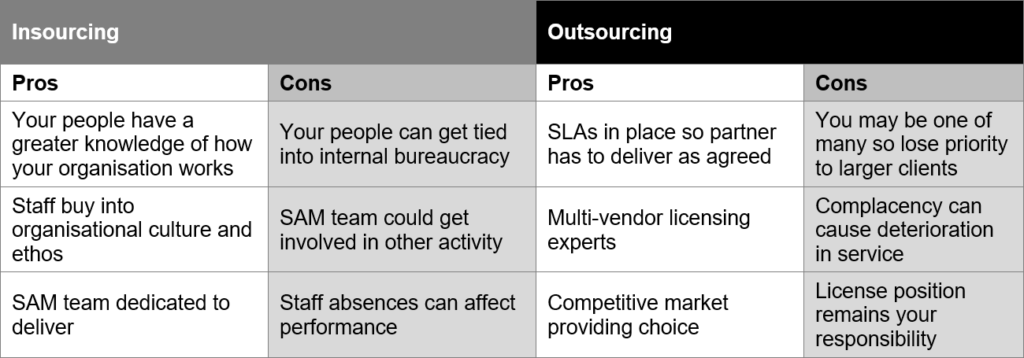The Pros and Cons of Digital Wallets: Are They Right for You? – The Pros and Cons of Digital Wallets Are They Right for You? In today’s fast-paced digital landscape, the rise of digital wallets has transformed the way we manage money, making transactions quicker and more convenient. As we delve into this topic, we’ll explore how these modern tools function while weighing their benefits against potential drawbacks. With the increasing reliance on technology for financial activities, understanding digital wallets is essential for anyone looking to navigate this new age of payment solutions.
Digital wallets offer an array of features, from storing multiple payment options to facilitating easy transfers between friends and family. However, as appealing as they are, it’s crucial to consider the inherent risks and limitations that come with them. Join us as we uncover the ins and outs of digital wallets to help determine if they are indeed right for you.
In the fast-paced world we live in today, one of the most important aspects of our lives is the way we communicate. As technology continues to evolve, so do the methods we use to interact with each other. Whether it’s through social media, emails, or instant messaging, effective communication is key to both personal and professional relationships. This article will explore the nuances of communication in the modern age, touching on its impact, methods, and some best practices to enhance our interactions.
The Importance of CommunicationFirst and foremost, communication serves as the foundation of our relationships. It allows us to express our thoughts, share our feelings, and connect with others. In a professional setting, strong communication skills can lead to better teamwork, increased productivity, and successful project outcomes. When team members communicate effectively, they can collaborate more efficiently, leading to innovative solutions and a positive work environment.Furthermore, effective communication can prevent misunderstandings and conflicts.
In personal relationships, open dialogues can help resolve issues before they escalate, fostering a sense of trust and security. Therefore, it’s crucial to refine our communication skills, both spoken and written. The Evolution of Communication MethodsWith the advent of the internet and mobile technology, communication methods have undergone a significant transformation. Gone are the days of waiting for letters to arrive by post; now, we have instant access to information and can connect with anyone across the globe in mere seconds.
Social media platforms like Facebook, Twitter, and Instagram have changed the way we share our lives, thoughts, and opinions.However, while technology has made communication more accessible, it has also introduced challenges. The rise of text-based communication can lead to misinterpretations, as tone and body language are often lost in translation. Emojis and GIFs have emerged as tools to help convey emotions in digital conversations, but they don’t always replace the depth of face-to-face interactions.
Best Practices for Effective CommunicationTo improve communication skills, consider implementing the following best practices:
1. Active Listening
One of the most important aspects of communication is listening. By genuinely listening to what others are saying, you show respect and understanding. This can lead to more meaningful conversations and strengthens relationships.
2. Be Clear and Concise
Whether you’re writing an email or speaking in a meeting, clarity is essential. Avoid jargon and overly complex language. Instead, aim for straightforward communication that conveys your message effectively.
3. Non-Verbal Cues
In face-to-face interactions, pay attention to body language, facial expressions, and tone of voice. These non-verbal cues can provide valuable context and enhance your message. Similarly, consider how your own non-verbal signals might be perceived.
4. Empathy
Understanding the perspective of others can significantly improve your communication. By showing empathy, you create a safe space for open dialogue, which can foster stronger connections.
5. Feedback
Encourage and be open to feedback. Whether it’s in a professional setting or in your personal life, receiving constructive criticism can help you grow and refine your communication style. The Role of Technology in CommunicationWhile technology has certainly changed the landscape of communication, it’s essential to find a balance. Tools like video conferencing can bring people together from different locations, making remote work more feasible.
However, it’s important to not rely solely on digital communication. Whenever possible, prioritize face-to-face interactions, as they provide a richer experience.Additionally, be mindful of how much time you spend on devices. Over-reliance on technology can lead to decreased social skills and increased feelings of isolation. Make it a point to disconnect regularly and engage with those around you in person.

Cultural Differences in CommunicationAs our world becomes more interconnected, understanding cultural differences in communication is vital. Different cultures have varying norms and practices regarding communication styles, which can lead to misunderstandings if not acknowledged. For instance, some cultures may value directness, while others may prioritize indirect communication.When interacting with individuals from diverse backgrounds, take the time to learn about their communication preferences. This not only shows respect but can also enhance collaboration and mutual understanding.
The Future of CommunicationLooking ahead, the future of communication will likely continue to be shaped by advancements in technology. Innovations like artificial intelligence and virtual reality may further transform how we interact with one another. As these tools develop, it will be essential to stay adaptable and open to change.Despite these advancements, the core principles of effective communication will always remain the same.
Building relationships, conveying messages clearly, and fostering understanding will be fundamental components of how we connect with others. ConclusionIn conclusion, effective communication is an essential skill in both our personal and professional lives. By understanding the importance of clear communication, actively listening, and being mindful of cultural differences, we can cultivate stronger relationships and foster a positive environment in our interactions.
As we move forward in this ever-evolving digital landscape, let us strive to embrace both technology and the timeless principles of communication that connect us as human beings.



